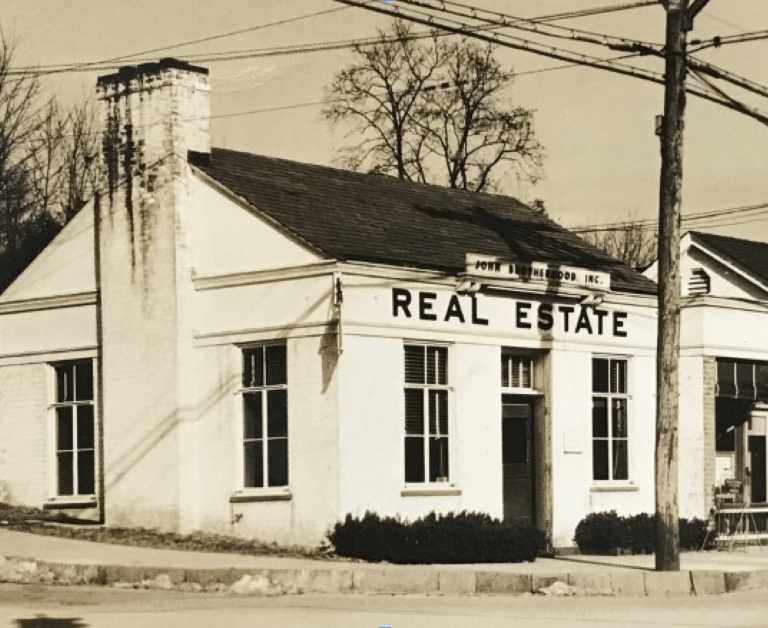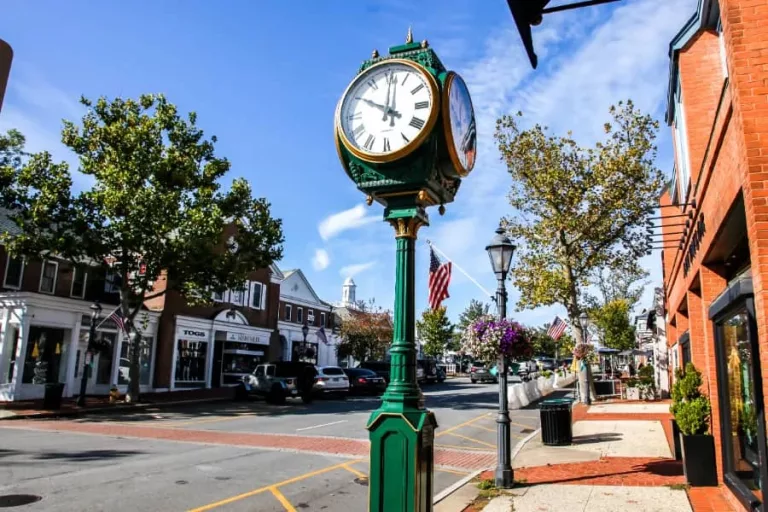In the middle of August, while many New Canaan residents were enjoying their final days at the beach, the town received some long-awaited good news – our mercurial overlords at the state’s Department of Housing (DOH) had finally granted the town a moratorium under 8-30g, the state’s onerous affordable housing mandate which allows developers to bypass the town’s planning process for projects with an affordable housing component.
This is a truly momentous achievement and one which should be celebrated by everyone (except perhaps a certain Greenwich resident who has used the period in between moratoriums to propose 3 very controversial developments under 8-30g). But the journey has been so long and difficult that it worth reminding ourselves of what it means, why it was so difficult and who we should be thanking for this achievement.
Out of 169 towns and cities in Connecticut, we are 1 of just 13 who have been granted a single moratorium and just 1 of 5 to have received more than one moratorium. Among this select group, we are the only one to have done so entirely on the basis of affordable units built with town funds. Unlike privately-developed affordable housing units which a deed-restricted for a limited time period, the units that New Canaan has developed are forever affordable units that will never “roll off” in the future.
Under the newly awarded moratorium, the town is exempt from the provisions of 8-30g for 4 years. While this unfortunately does not impact any of Arnold Karp’s existing 8-30g applications, it does prevent us from seeing any new 8-30g applications until August 2028.
Why was this so difficult? Well, here is where things start to get more complicated. Our initial 8-30g moratorium was granted in June 2017 and expired in June 2021. With an eye on achieving the next moratorium, the town sought planning permission for the 100-unit Canaan Parish redevelopment in 2018. The first phase could be built without demolishing the existing affordable units and would provide enough new units for another moratorium. The second phase would provide additional units to the property which could be used for a future moratorium. The commencement of the Canaan Parish development coincided with the COVID pandemic which delayed both some of the project’s financing and slowed the pace of some of the development work. Instead of completing the first phase before the 2017 Moratorium expired as planned, the project ran late. The first phase was completed in February 2022 and the second phase in July 2023. It took the town a few months to assemble the information required for a new moratorium application after the first phase was completed and we formally applied for a new moratorium in July 2022 with an expected approval in a few months.
In October 2022, the town received some unexpected bad news. Our application had been rejected because the DOH had changed its requirements without any notice or discussion. Not through legislation or formal rulemaking … they just a change made on the fly and announced it via the rejection of our moratorium application. New Canaan had included surplus affordable units which were completed before the 2017 moratorium was granted, just as other towns had done in the past including Brookfield CT whose application was granted just 3 months earlier. Now, the DOH had a new standard – units used to secure a moratorium had to be newly built units, completed after the previous moratorium.
The town went through the usual series of responses – they appealed the decision to the DOH directly hoping that the bureaucrats would see the error of their ways. When the DOH reaffirmed the decision, the town filed an appeal in Superior Court and reassessed the situation.
In the meantime, Karp went to work. He filed his 8-30g application for the 102-unit development at 751 Elm Street in February 2022. He follow up with 8-30g applications for 20 units at the site of the former Red Cross building on Main Street in May 2022 and 98 units on Hill Street in September 2022.
While each of these projects has issues which have impeded progress outside of 8-30g, we remained exposed until a new moratorium could be secured. After the Nov 2023 town election, the Board of Selectman, under the leadership of First Selectman Dionna Carlson, unanimously voted to file a fresh moratorium application using just units completed after the 2017 Moratorium. Sarah Carey, the Town Planner, and the team at Town Hall did a great job pulling together a successful application in a short period. This is the moratorium which we just received. Actually, not quite. There was another change in the calculation methodology at the DOH which had to be addressed and the application resubmitted in May 2024. There are no straight paths in CT’s affordable housing maze.
So how do we fix the grave injustice done to our town by the DOH in 2022 when they moved the goalpost on us? This is where we need our representatives in the state legislature to look after our interests in Hartford and some of them are doing just that. In the last legislative session, State Representative Tom O’Dea introduced an amendment to a bill supported by the Democratic leadership which clarified that all affordable units, regardless of when they were completed, are eligible for moratorium purposes. O’Dea joined with State Senator Ryan Fazio to get encourage the Democratic Chairman of Joint Committee on Housing to state for the record that the “legislative intent” of the original 8-30g wording was the same as the revise wording. O’Dea’s amendment passed overwhelmingly and was signed by Governor Lamont, This combination of activities completely undermined the state’s defense in the appeal of the rejection of our 2022 moratorium application.
The state’s approach to affordable housing is fiendishly complicated – perhaps intentionally so – and totally stacks the deck in favor of the developer. Our town has done an admirable job of addressing the shortage of affordable housing without much of the state and federal support afforded to the larger cities and towns. Every year, the Democrats in Hartford introduce legislation that would further undermine the local control of planning and zoning which is essential to maintaining the character of the Next Station to Heaven. We need friends in Hartford fighting for New Canaan’s interests.
Thank you, State Rep O’Dea and State Senator Fazio for your extraordinary efforts. When you go to the polls this November, remember the politicians who have been creative in protecting the interests of our town in Hartford.
Chris Wilson
Former Chair of the Republican Town Committee
Secretary of the Affordable Housing Committee



